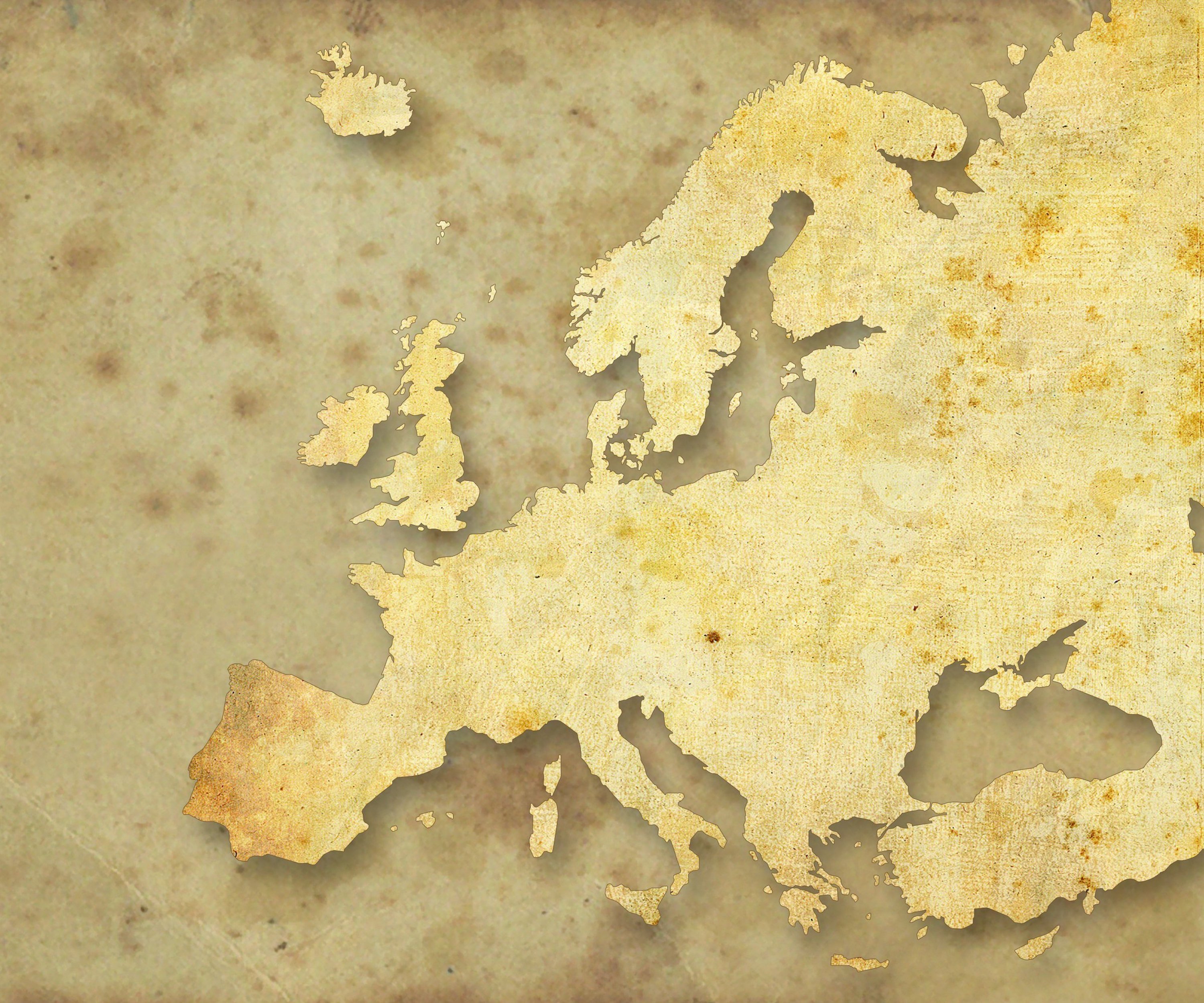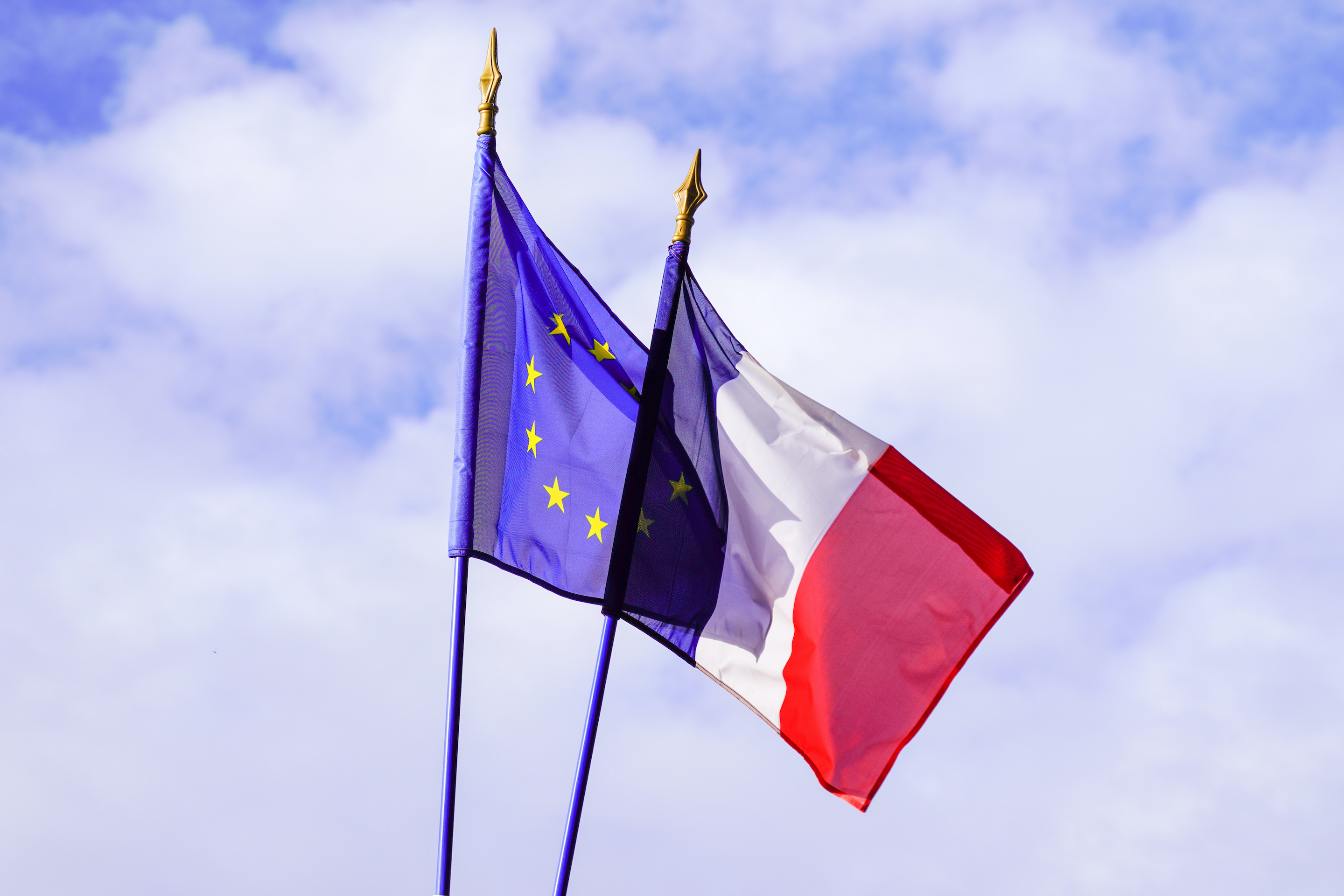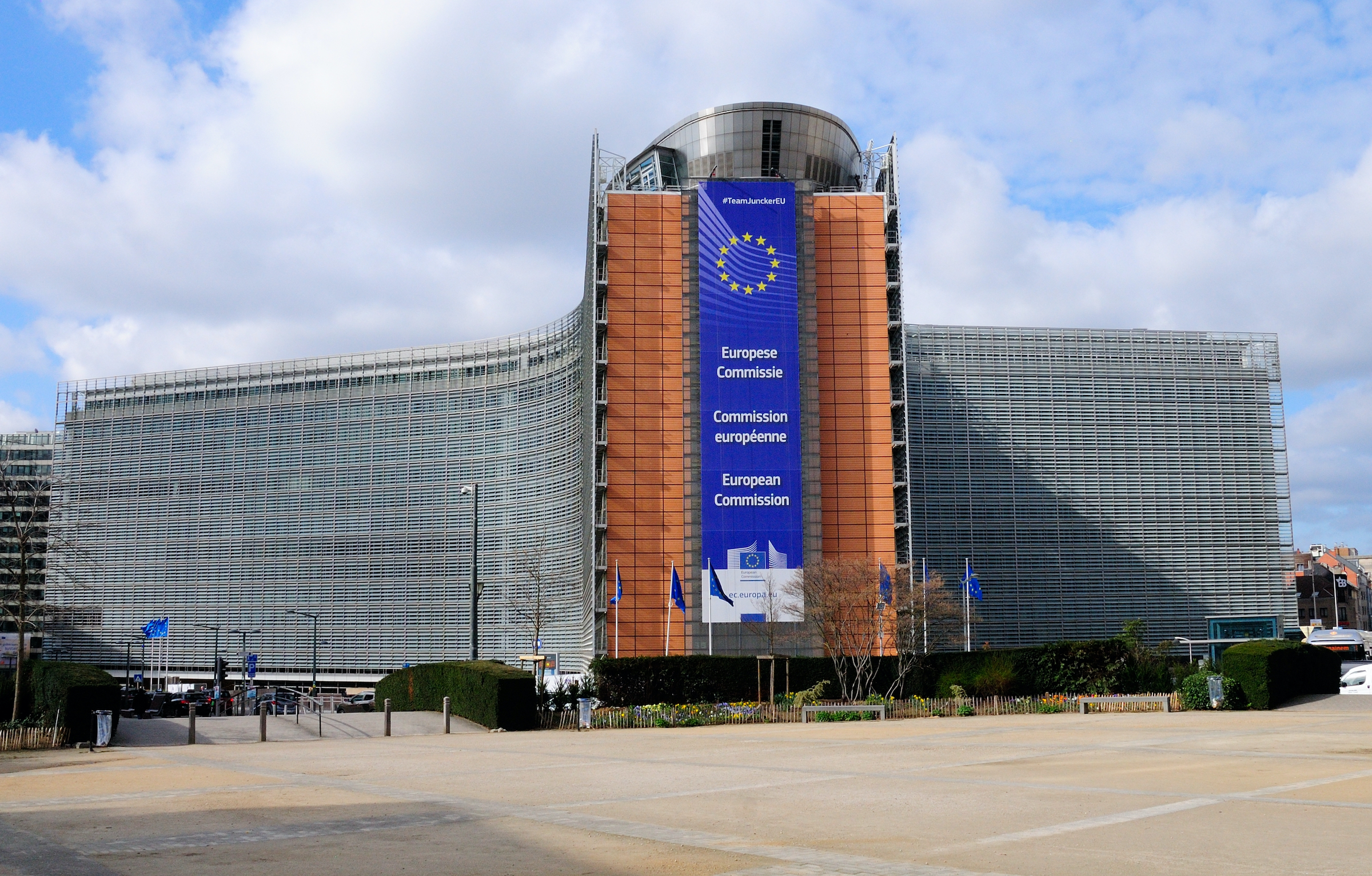De Gaulle and Europe is a very complicated issue. There’s one strand of thinking that sees de Gaulle as an uncommitted European because his vision of Europe was very different from that of the founders of the European Community, very different certainly from the federalist supranational vision of Jean Monnet.
De Gaulle knew Jean Monnet from the period of the Second World War. They didn’t always get on well because Monnet had gone to America rather than staying with de Gaulle in London. In October 1943, they had a rather extraordinary conversation in Algiers, where Monnet, who so many people see as a visionary in the founding of what is now the European Community, was sketching out the idea of a kind of common Europe built around Franco-German reconciliation, with a supranational element. De Gaulle was extremely sceptical, but it’s interesting that as early as October 1943, that discussion is engaged.


